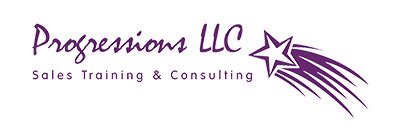Sharpen Your Staff’s Interviewing Skills
“Although some communication styles are better at interviewing, it usually takes learning and practice,” maintains Lynn Giuliani, president of Progressions, Inc., (Bellingham, WA). As manager, you make a huge difference in whether employees develop and apply effective interviewing skills. Giuliani offers these tips:
Coach. Don’t just say go interview. Help employees develop these behaviors. Catch people doing it right and then re-direct what they’re doing incorrect.
Be a role model. “As manager, your job is to model effective behavior so the staff knows what good looks like. You must have the skill set for doing an effective interview and demonstrate that to employees,” Giuliani says. “No one gets up in the morning and says By golly, I’m going to go disappoint my manager today. The truth is they lack modeling and demonstration of effective behavior.”
Keep your own skills sharp. “A manager can’t ‘drive their desk’ and be effective at leadership,” Giuliani says. “You need to be shoulder-to-shoulder with staff members. Have customer exchanges yourself to practice interviewing.”
Provide product training. “Employees need to know your institution’s products inside and out,” emphasizes Giuliani. “Product expertise helps employees look for clues and tailor fit needs. Customers want to know What’s in it for me? To score sales, you have to answer that question.”
Let employees experience closed vs. open probes. Have employees get partners. One person asks his or her partner a series of closed probes only. The partner answers with one-word answers. Then reverse roles and let the other person do the asking. He or she asks a series of open-ended questions. “If you play the game properly and answer just yes or no, there is no exchange. You don’t gather any information from one-word answers,” explains Giuliani.
Demonstrate when closed probes are appropriate. Use closed probes when you need specific information or precise directions. For example, How many checks do you typically write each month? Who do you want to sign on the account
Do role-playing. Give employees practice scenarios. Create situations that revolve around different products and services you offer. Examples are: a new customer has just moved into the community; someone has an objection; a customer is 35 years old with two children and is interested in planning for their education.
Keep the momentum going. In your weekly sales and service meetings, practice asking open probes. Review effective questions for interviewing. Write examples on a flip chart of white board.
Catch employees doing effective interviews. Acknowledge great behaviors on the spot. Be definitive of what people are doing right and they’ll keep doing it.
